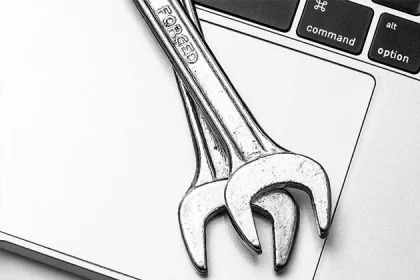Purchasing a new car should be an accomplishment, not a risk.
For thousands of Californians, though, a dream buy can become a maddening routine of fixes, lost wages, and blown-off phone calls to dealerships. Sticky brakes, dead electronics, or busted transmissions—these are not uncommon situations. That’s precisely why California’s lemon law is such an essential legislation for consumer protection. When motorists wind up with faulty vehicles, the American Lemon Law Group intervenes to assert their rights and recourse. Because California is at the forefront of automobile regulation, the lemon law has served as a spur to corporate-wide accountability.
Holding Automakers Accountable: The Role of Lemon Laws
California’s Song-Beverly Consumer Warranty Act, commonly referred to as the California Lemon Law, empowers consumers to fight for justice when their car, new or old, consistently fails to achieve performance and safety levels.
It’s not merely about receiving a refund or replacement. Automakers are being made to take quality control seriously under the law. They cannot just ignore recurrent car faults as individual problems anymore. Rather, they’re now being made to face manufacturing defects with courage.
How the American Lemon Law Group Protects Your Drive
Legal professionals are a critical force in tipping the balance between average citizens and billion-dollar producers. The American Lemon Law Group assists citizens in their quest to understand the intricacies of California’s Lemon Law while pressing the automobile industry for transparency.
Their presence is a pressure factor. When automakers are aware that seasoned legal counsel is involved, they’re more apt to settle the dispute equitably—and sooner. The outcome is a system by which manufacturers are increasingly shifting from damage control to preventing problems from developing.
Behind the Scenes: How Lemon Law Changes Manufacturing Decisions
When complaints and lawsuits mount, automakers take notice—not merely consumers, but patterns. For example, if one particular SUV model accrues dozens of lemon law claims for faulty transmissions, that input tends to trigger internal investigations, design changes, and tighter control.
That way, California’s lemon law protects not only consumers once there’s a problem but also affects the manner in which cars are manufactured in the first place.
Executives and engineering staff alike are discovering that robust consumer protections translate into taking fewer chances with quality.
Why California Leads the Way
California uniquely provides some of the country’s strongest lemon law protections. It applies to both new and certain used cars and covers motorcycles, RVs, and leased cars under warranty.
With its huge market and powerful legal system, California frequently serves as a model for other states. When a policy succeeds here, it doesn’t remain in-state for long.
Actually, the Federal Trade Commission sees the significance of state-level lemon laws in protecting buyer rights, directing consumers to these legal remedies whenever issues do develop.
American Lemon Law Group’s Impact on Industry Morals
The efforts of the American Lemon Law Group are more than in the courtroom. By pursuing tough cases and fighting for equitable resolutions, they send a definitive message: accountability is not voluntary.
Their steady legal pressure influences the behavior of car manufacturers in resolving disputes, drafting warranties, and educating dealer personnel.
More significantly, it promotes a change in attitude—from doing the bare minimum to doing better. That’s the type of power that sets the bar higher everywhere.
The Road Towards Greater Responsibility
California’s lemon law is not only repairing malfunctioning cars—it’s repairing malfunctioning systems. By empowering motorists and creating a legal precedent, it instills a culture of accountability in the auto industry.
With attorneys like the American Lemon Law Group at the helm, California is not only defending its motorists—it’s leading the way toward a brighter, safer road ahead.










